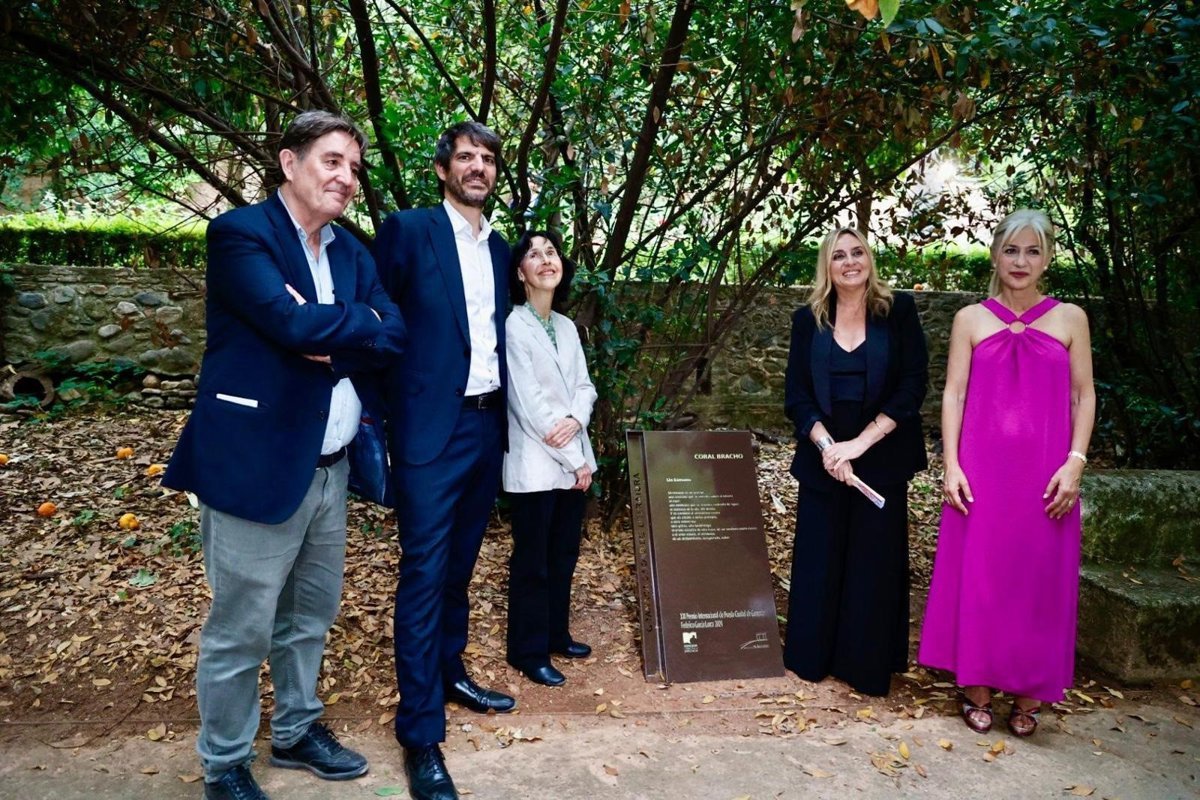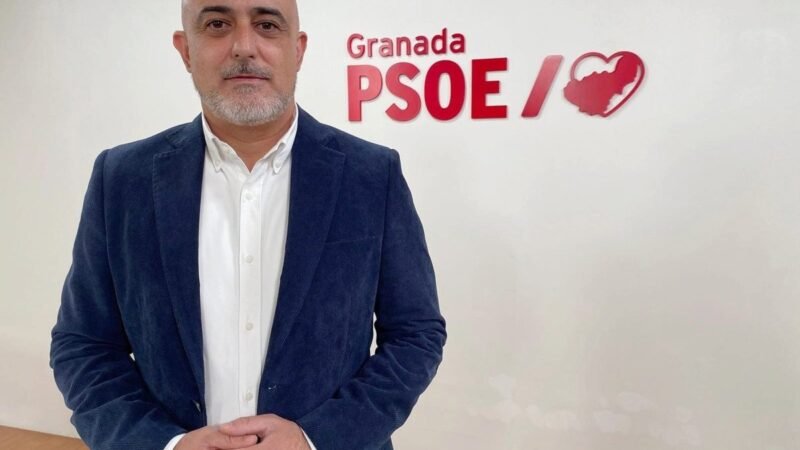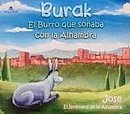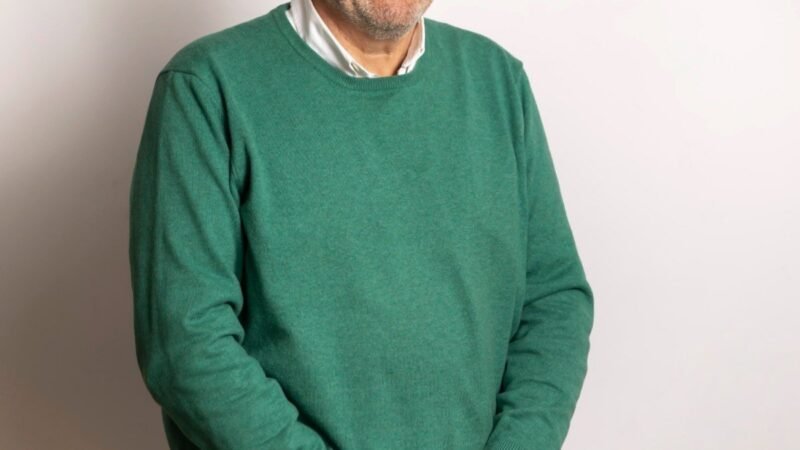The Garden of the Carmen de los Mártires has hosted the placement ceremony of the commemorative plaque for Coral Bracho, winner of the XXI edition of the International Poetry Prize City of Granada Federico García Lorca. With this symbolic gesture, the city pays tribute to the Mexican poet and adds her name to the list of authors who, since 2004, have been distinguished with this prestigious literary award, now featuring in one of the most emblematic spaces of Granada’s heritage.
The ceremony, presided over by the mayor of Granada, Marifrán Carazo, was attended by the Minister of Culture, Ernest Urtasun, and the Minister of Culture of the Junta de Andalucía, Patricia del Pozo, as detailed by the Granada City Council. During her speech, the mayor emphasized the importance of the event as a public recognition of those who have enriched the language and culture through words: «This garden becomes today a sacred place for literature. Granada not only recognizes its poets, but also bears witness to its commitment to culture as a hallmark of identity. From here, we celebrate the talent, memory, and legacy that these authors leave in the language shared by millions of people.»
Established by the City Council of Granada in 2004, the International Poetry Prize City of Granada Federico García Lorca was created with the aim of rewarding the literary trajectory of relevant figures in the world of Spanish-language poetry, both nationally and internationally. The jury, composed of representatives from institutions such as the Royal Spanish Academy, the Federico García Lorca Foundation, the Cervantes Institute, the University of Granada (UGR), and prominent literary critics, annually selects the winner from the nominations proposed by academies, universities, and literature-related entities. The prize includes a €20,000 endowment, an artistic work, literary events in honor of the awarded author, and the publication of an anthology within the Granada Literary collection of the City Council.
Poet Coral Bracho, born in Mexico City in 1951, has been recognized for a body of work distinguished by its lyrical depth, sensory richness, and ability to explore themes such as identity, language, the body, and existence. The author of titles such as Ese espacio, ese jardín, Cuarto de hotel, and El ser que va a morir, Bracho is one of the most significant voices in contemporary Spanish-language poetry, with a widely translated work and highly regarded by international critics. Her inclusion in the roster of the Lorca Prize, which already includes figures like Ángel González, Blanca Varela, Ida Vitale, Rafael Cadenas, Raúl Zurita, or Circe Maia, consolidates the universal and transatlantic character of the competition.
Coral Bracho’s visit to Granada was preceded by an emotional meeting with readers at the Auditorium of the Federico García Lorca Center, where on Wednesday, June 18, she inaugurated the tribute events organized in her honor. This event was attended by 35 members of the reading club and the writing workshop of the Municipal Public Library of La Chana, with whom the author shared insights into her life, work, and the creative process that inspires her poetry, in an atmosphere of closeness and reflection.
During the event, Carazo highlighted that «Granada has been, for centuries, a cradle of art and word. This prize is a bridge between continents, generations, and sensitivities, a living celebration of Spanish as a literary language.» She also emphasized «the relevance of the Lorca Prize as a tool to project Andalusian culture to the world» and highlighted this initiative that positions Granada as the poetic capital of the Spanish-speaking world.
With this installation, the Carmen de los Mártires becomes a poetic promenade open to the public, where visitors can explore the names of those who have been distinguished with this award over its 21 editions. The next call, corresponding to the XXII edition of the Prize, is currently in the approval process by the Local Government Board and will take place at the end of 2025, including a new selection of the jury, literary events, and the participation of Coral Bracho in an institutional event in the city that already welcomes her as part of its literary history.
This event is part of the actions that reinforce the international projection of Granada as a creative and literary city, within the framework of its candidacy for European Capital of Culture 2031. The installation of these plaques, which dignify the legacy of Spanish poetry and pay tribute to figures of universal scope, underlines Granada’s commitment to culture as a driver of development, cohesion, and international prestige.





